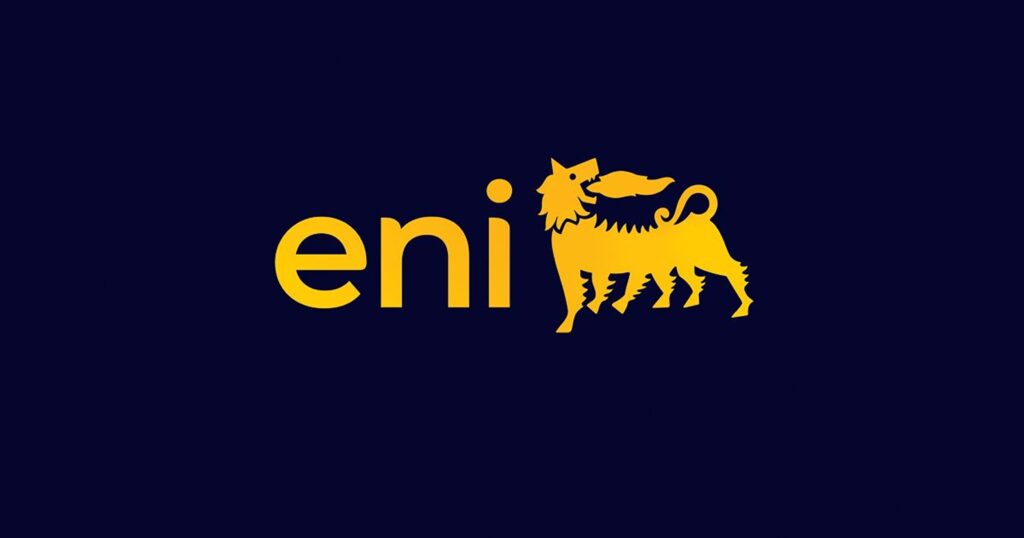Italian energy conglomerate Eni is contemplating the divestiture of shares in promising oil and gas ventures in regions such as Indonesia and the Ivory Coast, aiming to secure funding for their advancement while simultaneously increasing investment in sustainable energy initiatives.
This potential strategy supports the efforts by Eni’s longstanding CEO, Claudio Descalzi, to restructure various segments of the business into independent entities.
This restructuring would attract specific investors like private equity and infrastructure funds, enabling them to invest directly in either traditional or low-carbon energy ventures.
The decision to create these separate entities allows for more targeted investment opportunities.
“The satellite model is an approach we have built to have additional funding sources to keep together the need to meet demand for traditional products, while also developing new, greener products,” explained Francesco Gattei, Eni’s Chief Financial Officer, in a discussion with Reuters.
In recent years, Eni has initiated several such splits.
It formed Plenitude, a retail and renewable division, selling a portion to an infrastructure fund, and Enilive, a biofuel sector, which is also considering a minority stake sale as per Descalzi’s recent statements.
Both divisions have their own management and financial statements, and there are plans to list these segments to facilitate further growth funding.
This strategy is distinctive among oil majors exploring renewable sectors.
It demonstrates to investors the potential of nascent enterprises that often cannot match the profitability of established oil and gas operations, Gattei added during his talk with Reuters.
Eni has also restructured its fossil fuel operations, merging its UK North Sea oil and gas activities with Ithaca Energy in exchange for a significant stake in the company.
This move, worth about $1 billion, reduces Eni’s capital expenditures while opening up potential dividend income from Ithaca.
According to company insiders, similar strategies could be applied to other projects requiring substantial investment, particularly highlighting potential in Ivory Coast and Indonesia.
In Indonesia, Eni is developing a gas hub following a discovery at Geng North-1 and through acquisitions from Chevron and Neptune Energy.
Meanwhile, in Ivory Coast, Eni recently discovered a significant offshore field and is producing from the extensive Baleine field.
During a market update in mid-March, Eni projected raising approximately 4 billion euros from listings or sales of shares in its low-carbon and oil and gas units over the 2024-2027 period.
The company has also ventured into joint projects like Vaar in Norway with private equity firm HitecVision, and Azule Energy, a collaboration with BP in Angola.
“Vaar and Azule have the loosest link with their parent company since they fund their capital expenditures and have their own debt, which is not consolidated in the group,” Gattei noted, highlighting their dividend contributions to Eni.
Looking ahead, Eni is considering turning its bio-plastic division Novamont into another independent entity, with plans for Carbon Capture and Storage to follow. Analysts like Lydia Rainforth from Barclays recognize the strategic use of the satellite model for facilitating access to specialized capital.
However, some analysts, such as Biraj Borkhataria from RBC, remain skeptical about the market’s quick recognition of the value from these restructuring moves unless tangible shareholder returns are demonstrated.
